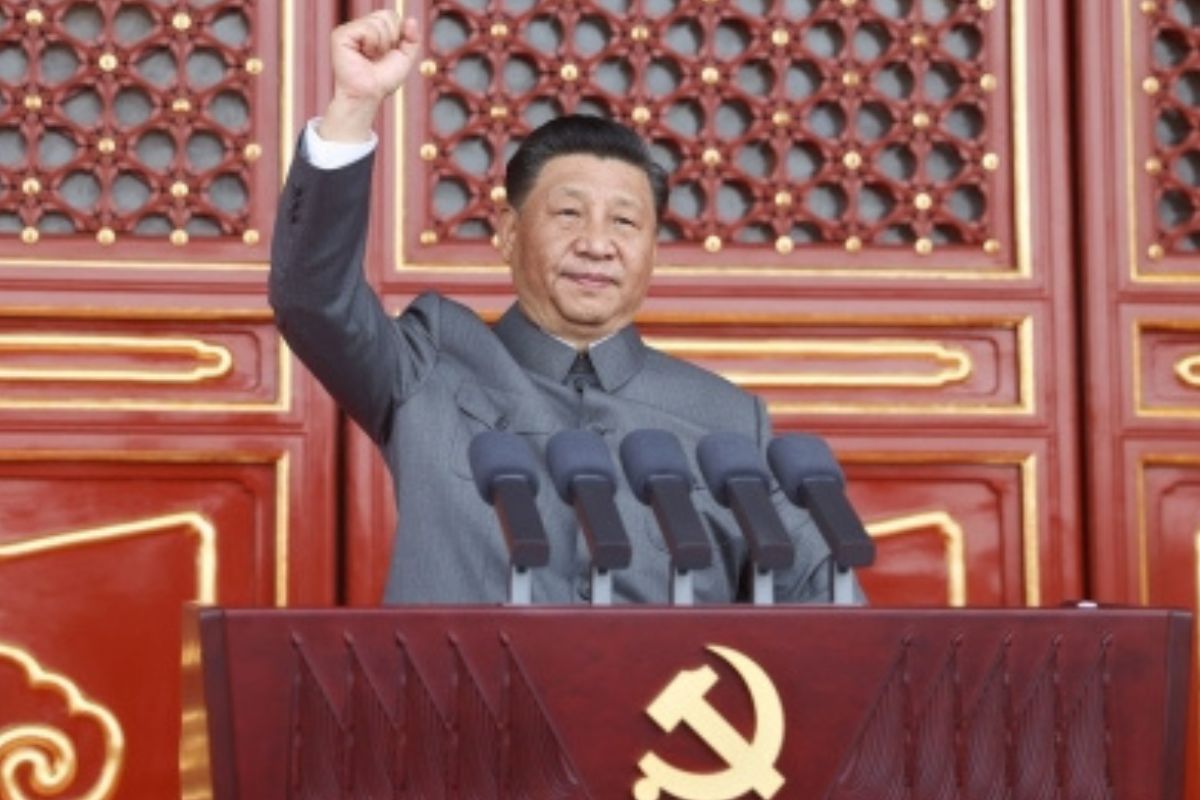India assumes Chair of Asian Disaster Preparedness Centre
India and eight neighbouring countries including Bangladesh, Cambodia, China, Nepal, Pakistan, Philippines, Sri Lanka and Thailand are the founding members of ADPC
China’s strategic footprint is expanding across the globe. Now, it’s the Eastern Mediterranean region ~ at the maritime crossroads of Africa, Europe, and Asia and an important transit area for goods and people ~ which is in focus. Beijing, say experts, has recognised the region’s geostrategic value and is leveraging the fact that relations between regional countries have been complicated by long-standing rivalries and conflicts to get a foot in the door and more, as it were.

Xi Jinping president of China (Photo: IANS)
China’s strategic footprint is expanding across the globe. Now, it’s the Eastern Mediterranean region ~ at the maritime crossroads of Africa, Europe, and Asia and an important transit area for goods and people ~ which is in focus. Beijing, say experts, has recognised the region’s geostrategic value and is leveraging the fact that relations between regional countries have been complicated by long-standing rivalries and conflicts to get a foot in the door and more, as it were. China has used its economic heft to establish close relations with nearly every country in the region and its growing influence in the Eastern Mediterranean is likely to have an impact on the geopolitical dynamics currently at work there.
According to Jens Bastian, Fellow at the German Institute for International and Security Affairs (SWP) in Berlin, China’s infrastructure outreach and lending arrangements in the region through the Belt and Road Initiative (BRI), its purported vaccine diplomacy in Turkey, Cyprus, Egypt, and Lebanon, and its disaster-relief efforts following the 6 February earthquake in Turkey, demonstrate the country’s determination to be seen as a rising, so-called “responsible power” in the Eastern Mediterranean. This policy approach, however, would not have been resulted in an advantage for China without the countries of the region not playing ball with Beijing. The willingness of successive Greek governments over the past decade, for example, to seek Chinese investment for the privatisation of the port of Piraeus is an exemplar of local-agency enabled Chinese influence. Sino-Turkish cooperation, too, is being driven by President Recep Tayyip Erdogan’s Eurasian pivot, as seen by the alignment of the BRI with Turkey’s Middle Corridor Initiative (MCI).
Investments in and acquisitions of ports in Greece, Turkey, Egypt, Israel, Bulgaria, and even in Beirut, Lebanon, as well as lending for railway infrastructure modernisation in Southeast Europe and the Eastern Mediterranean provide China with two advantages. First, this process establishes a portfolio of ports and connects these with railway and highway infrastructure as entry points into the European Union and the Western Balkans. Secondly, multi-modal transport corridors in and through Southeast Europe provide China with routing alternatives following the sanctions against Russia that have adversely affected transport operations along the Northern Corridor in the transit countries of Poland, Belarus, and Russia. But make no mistake. Beijing’s growing role in the Eastern Mediterranean and support from regional states is a consequence of the lack of geostrategic nous by the West, led by America and the European Union.
Advertisement
Brussels presenting its so-called Global Gateway Strategy nearly a decade after the BRI’s launch as an alternative to China’s massive infrastructure funding initiative is symptomatic of how matters have reached the pass they have. While the USA is attempting to re-engage with the Western Balkans and neighbouring countries like Greece, Croatia, and Slovenia, says Bastian, there is at the moment little hope that these countries, which have their own developmental imperatives, will turn China down. Indeed, such an approach by Washington, without putting its money where its mouth is, may eventually prove counterproductive.
Advertisement